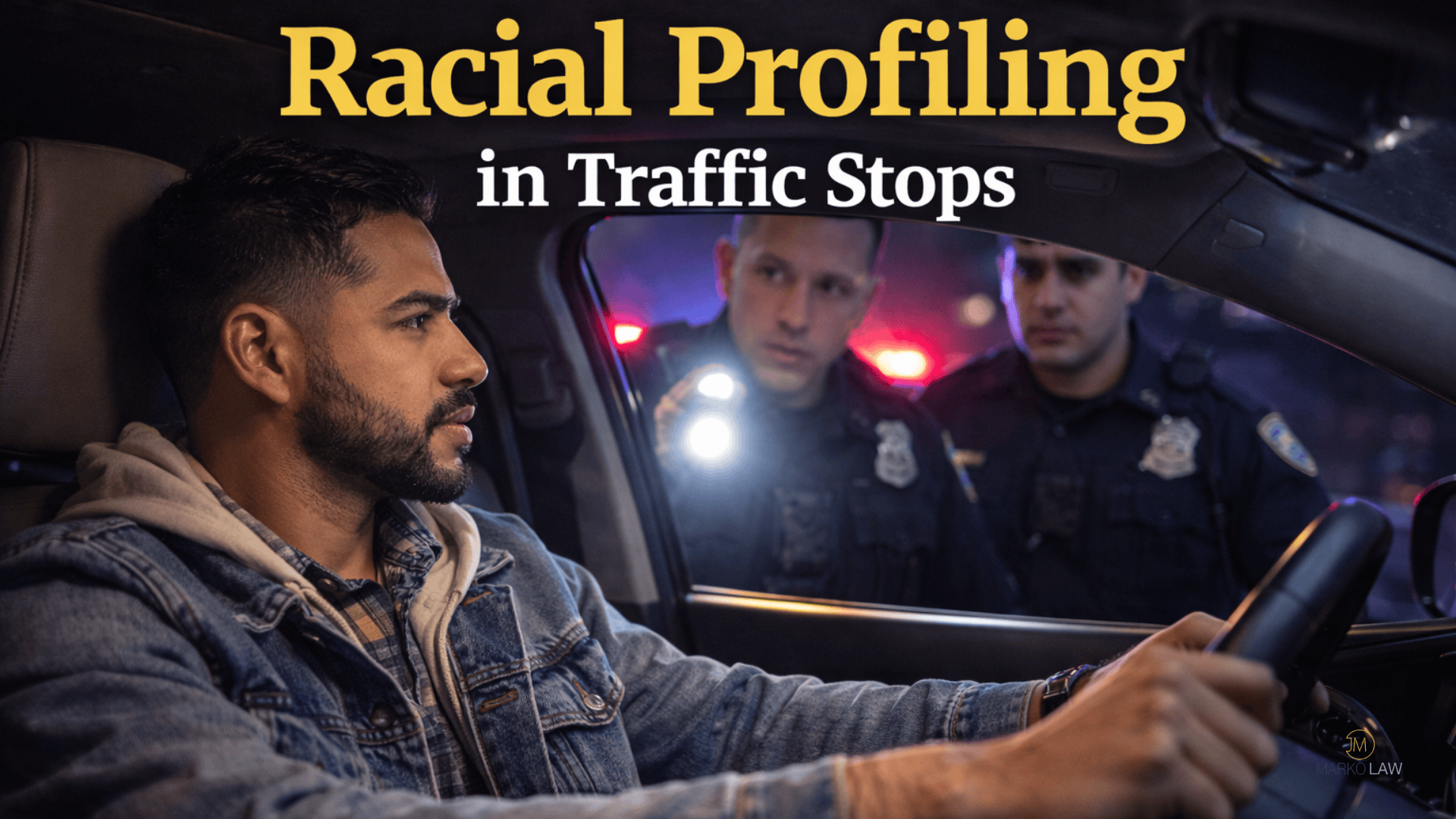A playground should be a place for laughter, imagination, and carefree joy. But when something goes wrong—when a swing breaks, a slide collapses, or a child falls from poorly maintained equipment—that moment of fun can turn into a nightmare. As a parent, there’s no pain like seeing your child in fear, in pain, or being rushed to the ER from a place that was supposed to be safe.
Let’s be clear: not every playground injury is “just an accident.” Many are the result of negligence, poor maintenance, or even dangerously designed equipment. And when that happens, parents have every right to ask hard questions—and demand real answers.
Who was responsible for keeping the space safe? Was it a school? A city park department? A daycare center? Did they inspect the equipment? Did they supervise the children? Did they ignore warnings or complaints?
You don’t have to carry this burden alone. Under Michigan law, you may have the right to file a lawsuit and hold the responsible parties accountable—not just for your child’s pain, but for the emotional, physical, and financial toll it’s taken on your entire family.
Who Can Be Held Liable for Playground Injuries?
Property Owners or Managers
If the playground is located on public property—like a school, park, or city-owned facility—or private property such as a daycare center, the entity responsible for that land owes a duty of care to the children using it. This includes:
- Public schools and municipalities who fail to maintain safe conditions
- Daycare providers or private schools who allow children on broken or unsafe equipment
- HOAs or apartment complexes that neglect their community playgrounds
If they failed to inspect, repair, or adequately supervise the area, they can be held legally liable.
Private Companies or Institutions Operating the Playground
Some playgrounds are managed by private recreational companies, churches, camps, or non-profit organizations. These operators are responsible for ensuring the space is safe, inspected, and age-appropriate. If they failed to uphold those responsibilities, and a child was injured as a result, they may be legally on the hook.
Manufacturers or Designers of Faulty Equipment
Not all hazards come from poor maintenance. Sometimes the equipment itself is dangerous due to:
- Defective design (e.g., structures that invite entrapment or tipping)
- Manufacturing errors (e.g., weak bolts, sharp edges, toxic materials)
- Failure to provide adequate warnings or age labels
In these cases, the manufacturer or designer of the equipment may face a product liability lawsuit for releasing unsafe products into use.
Maintenance Contractors
Many property owners outsource the upkeep of their playgrounds to third-party maintenance or landscaping companies. If those contractors ignored hazards, skipped inspections, or performed sloppy repairs, they could also be found negligent under Michigan law.
Michigan Premises Liability and Duty of Care to Children
What Is Premises Liability in Michigan?
Premises liability is the legal concept that property owners owe a duty of care to people who lawfully enter their property. This includes visitors to:
- Public spaces like parks and schoolyards
- Private facilities like daycares or apartment complexes
- Commercial playgrounds operated by businesses or non-profits
Under this duty, owners and operators must maintain their property in a reasonably safe condition, warn of known dangers, and take action to fix or block off hazards.
Children Deserve a Higher Standard of Protection
When it comes to children, the law raises the bar. Why? Because kids don’t always recognize danger the way adults do. That’s where the attractive nuisance doctrine comes into play.
This doctrine says that if a property contains something that’s likely to attract children—like a playground—the owner must take extra steps to prevent injuries. That includes:
- Regular inspections for broken or worn-out equipment
- Age-appropriate design and safety features
- Secure fencing or limited access when supervision isn’t present
Public vs. Private Playgrounds: What's the Difference in Liability?
- Private Playgrounds (e.g., in daycares, apartment complexes, or private schools)
These are usually easier to hold accountable under Michigan’s premises liability laws. Property owners and operators can be sued for failing to maintain safe conditions or supervise children appropriately. - Public Playgrounds (e.g., city parks, public schoolyards)
These cases are more complex due to governmental immunity, a legal doctrine that can shield municipalities and public school districts from lawsuits. However, there are exceptions, particularly if gross negligence or a failure to act on known dangers can be proven. These cases require strong legal strategy.
Negligence and Proving Fault
Duty of Care Owed to the Child
First, we must show that the responsible party owed a legal duty of care. Under Michigan law, property owners and those in charge of playgrounds have a duty to:
- Keep their premises reasonably safe
- Inspect and maintain playground equipment
- Ensure children are properly supervised
- Take extra precautions when hazards are present
Breach of That Duty
Next, we must prove that duty was violated—meaning someone failed to act as a reasonable person or institution should have. Examples include:
- Allowing children to use broken or rusted equipment
- Ignoring a hazard reported by staff or parents
- Failing to supervise children during recess or playtime
- Not warning users about known dangers
Causation
Then we must show that the negligence directly caused your child’s injury. This doesn’t mean the injury was inevitable—only that it likely would not have occurred but for the defendant’s negligence.
For example:
- If a child falls because a bolt was missing from a jungle gym, the injury likely wouldn’t have happened if the equipment had been properly maintained.
- If a child is pushed by another and no adults were supervising, the lack of supervision may be a direct cause of the harm.
Damages
Finally, there must be actual, measurable harm. This can include:
- Physical injuries (broken bones, concussions, lacerations)
- Medical bills
- Pain and emotional trauma
- Long-term disability or impairment
Evidence That Helps Prove Fault
To build a strong case, your legal team will gather:
- Inspection and maintenance records
- Incident reports
- Photos of the scene and equipment
- Witness statements from teachers, staff, or parents
- Medical documentation of injuries
What Damages Can Be Recovered in a Child Injury Lawsuit?
Medical Expenses (Past and Future)
Playground injuries can result in:
- Emergency room visits
- Surgeries
- Physical therapy
- Mobility aids or medical equipment
- Ongoing specialist care
You can recover all past costs and projected future expenses—especially important in cases involving long-term recovery or permanent injuries.
Pain and Suffering
Your child’s physical pain is real—and legally compensable. From fractures and head trauma to surgical recovery and chronic pain, Michigan courts recognize that suffering deserves recognition, even if it’s difficult to quantify.
Emotional Trauma
Children injured in playground accidents may experience:
- Nightmares
- Anxiety or panic around play
- Fear of leaving home or going to school
- PTSD
These emotional consequences can impact a child’s development for years. Mental health care and emotional distress damages can and should be part of any recovery.
Loss of Normal Childhood Activities
When an injury prevents a child from running, playing, learning, or simply enjoying life like other kids, the loss is profound. Courts allow for compensation related to lost quality of life, especially during critical growth and developmental years.
Long-Term Care Needs or Disability
Some playground injuries lead to permanent impairments, including:
In these cases, families may be entitled to damages for lifelong care, special education needs, home modifications, and loss of independence.
Parental Lost Wages (Due to Caretaking)
When your child is hurt, your life changes too. You may have to miss work for:
- Hospital stays
- Doctor appointments
- In-home care or therapy support
Michigan law allows parents to recover lost income tied directly to caring for their injured child.
Your Child Deserves Safety—and Justice
When a child is hurt on a playground, it’s not just a bump or bruise—it’s a violation of trust. Playgrounds are supposed to be places of joy, discovery, and growth. When negligence, defective equipment, or poor supervision turn those places into danger zones, someone must answer for it.
This isn’t about pointing fingers. It’s about demanding accountability, pushing for safer conditions, and ensuring that what happened to your child doesn’t happen to anyone else’s. It's about standing up, not just for your family, but for every family in Michigan who trusts their community to keep their kids safe.
At Marko Law, we fight with everything we’ve got—because that’s what your child deserves. We listen. We investigate. We build strong cases that force powerful institutions to face the harm they’ve caused. And we don’t back down.
Contact Marko Law for a Free Case Evaluation
📞 Phone: +1-313-777-7777
📍 Main Office: 220 W. Congress, 4th Floor, Detroit, MI 48226
🌐 Website: www.markolaw.com









.svg)








